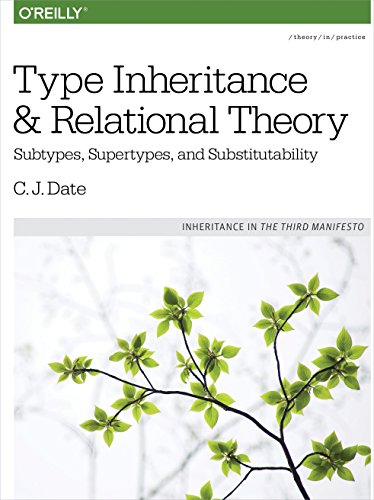

Most ebook files are in PDF format, so you can easily read them using various software such as Foxit Reader or directly on the Google Chrome browser.
Some ebook files are released by publishers in other formats such as .awz, .mobi, .epub, .fb2, etc. You may need to install specific software to read these formats on mobile/PC, such as Calibre.
Please read the tutorial at this link: https://ebookbell.com/faq
We offer FREE conversion to the popular formats you request; however, this may take some time. Therefore, right after payment, please email us, and we will try to provide the service as quickly as possible.
For some exceptional file formats or broken links (if any), please refrain from opening any disputes. Instead, email us first, and we will try to assist within a maximum of 6 hours.
EbookBell Team

5.0
30 reviewsType inheritance is that phenomenon according to which we can say, for example, that every square is also a rectangle, and so properties that apply to rectangles in general apply to squares in particular. In other words, squares are a subtype of rectangles, and rectangles are a supertype of squares. Recognizing and acting upon such subtype / supertype relationships provides numerous benefits: Certainly it can help in data modeling, and it can also provide for code reuse in applications. For these reasons, many languages, including the standard database language SQL, have long supported such relationships. However, there doesn’t seem to be any consensus in the community at large on a formal, rigorous, and abstract model of inheritance. This book proposes such a model, one that enjoys several advantages over other approaches, not the least of which it is that it’s fully compatible with the well known relational model of data.
Topics the model covers include:
All of these topics are described in detail in the book, with numerous illustrative examples, exercises, and answers. The book also discusses several alternative approaches. In particular, it includes a detailed discussion and analysis of inheritance as supported in the SQL standard.